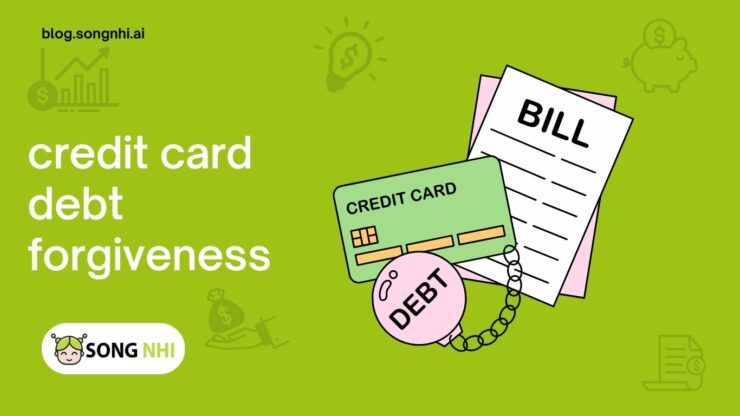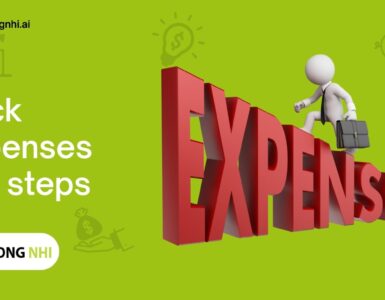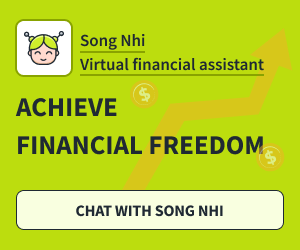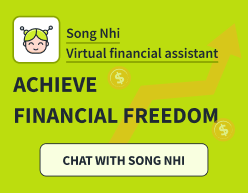Credit card debt can be a heavy burden for many individuals, but there are situations where you may qualify for debt forgiveness programs. Understanding the signs that indicate eligibility for credit card debt forgiveness can provide relief and help you navigate your financial challenges more effectively. Here are 5 signs to consider:
1. Financial Hardship Due to Unforeseen Circumstances
If you’ve experienced significant financial hardship due to unforeseen events like job loss, medical emergencies, or divorce, you may qualify for credit card debt forgiveness. These hardships can make it challenging to meet your financial obligations, and creditors may offer assistance programs to help manage your debt during difficult times.
2. Persistent Inability to Make Minimum Payments
Struggling to make minimum monthly payments on your credit card debt is a clear sign of financial distress. If you find yourself constantly falling behind on payments or unable to keep up with the minimum requirements, you may be eligible for debt forgiveness programs offered by your creditors.
3. High Debt-to-Income Ratio
A high debt-to-income ratio, where your total debt obligations outweigh your income, can indicate financial instability. If your debt-to-income ratio is excessively high, creditors may be more willing to negotiate debt settlement or offer debt forgiveness options to help you regain financial stability.
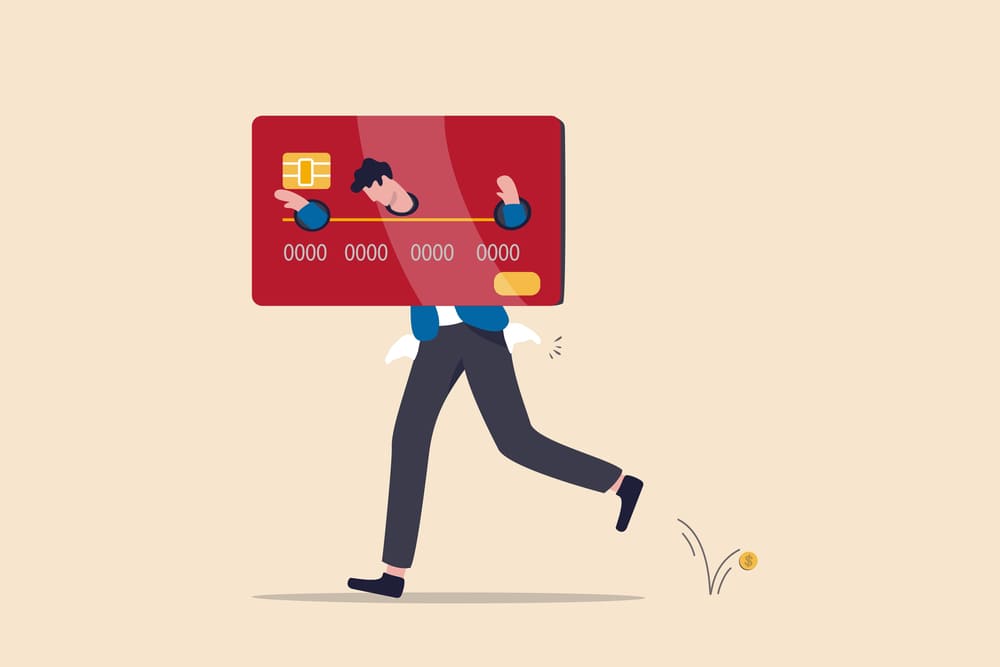
4. Delinquency or Default on Credit Card Accounts
Frequent delinquency or default on credit card accounts can signal financial hardship and may qualify you for debt forgiveness programs. Creditors may be open to negotiating settlements or modifying repayment terms if you’re struggling to keep up with your credit card payments.
Related articles:
- How to pay off credit card debt?
- How To Manage Debt With Low Income?
- How to Track Expenses in 4 Simple Steps
5. Consideration for Debt Relief Programs
If you’re considering debt relief programs like debt settlement or debt consolidation, you may already meet the criteria for credit card debt forgiveness. These programs aim to reduce or eliminate your debt burden by negotiating with creditors on your behalf, making them suitable options for individuals facing financial hardship.
If you identify with any of these signs, it’s essential to explore your options for credit card debt forgiveness carefully. Contact your creditors to inquire about hardship programs or debt relief options available to you. Additionally, consider seeking advice from a financial advisor or credit counselor to assess your situation and develop a plan to address your credit card debt effectively.

